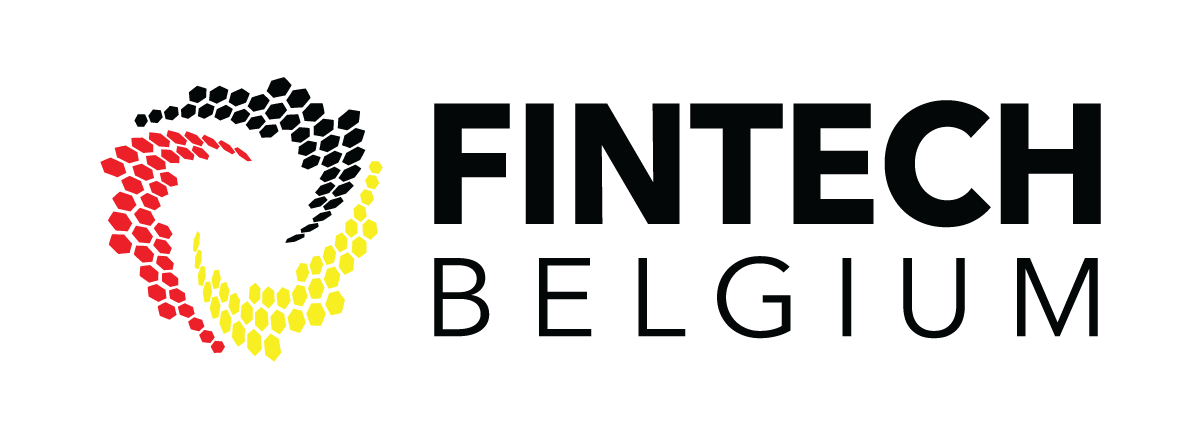Artificial Intelligence is on a Quest into Fintech
More articles of the Belgium Fintech Magazine
READ ALL ARTICLES
Want an exclusive paper copy?
Want to be the next expert to inspire our audience?
MORE INFO HERE
Discover one of the articles from our brand new magazine, the Belgium Fintech Magazine - #1 Dec 23
Artificial Intelligence is on a Quest into Fintech
An interview with Sophia Wikander, General Manager for Financial Services in Western Europe at Microsoft
The launch of the PSD2-directive means big business for Open Banking, and the democratizing of Technology means, that Artificial Intelligence now is for all businesses, big or small. Just now it’s rolling out big time into the Fintech environment.
According to a recent survey conducted by Microsoft on business trends, nearly 9 out of 10 respondents hope that Artificial Intelligence can help reduce the workload when it comes to performing repetitive tasks. However, AI is so much more than that. AI is also a magic toolbox for innovation, and in that context, it’s important to mention, that it’s a toolbox for everyone. Not just the big players in the financial sector, but also the many upcoming businesses in the Fintech environment - and of course their customers, the users.
Both as individuals and as businesspersons we expect a smooth and innovative customer experience, when we use financial services of all kinds, and if you ask Sophia Wikander, Microsoft’s General Manager for Financial Services in Western Europe, she is convinced, that tools like Microsoft Copilot, an artificial intelligence assistant and an initiative towards strengthening the use of generative AI, will boost innovation, customization and productivity growth on all levels. And she is not alone with that opinion.
Democratizing technology
“With Microsoft Dynamics 365 Business Central and Microsoft Dynamics 365 Copilot, we are helping to democratize technology. Artificial intelligence is no longer reserved for large companies. Now, everyone has access to it, which will greatly enhance the competitiveness of small and medium-sized businesses in terms of their ability to be agile and adaptable,” says Mike Morton, Vice President, Dynamics 365 Business Central.
Sophia Wikander agrees, and says, that with easy to use tools, like Copilot, AI will permeate virtually all business areas as well as IT organisations, and in relation to the Fintech segment will make it both much easier as well as much faster for the businesses to launch new types of solutions and applications. She has only been working at Microsoft for about a year but brings more than 20 years of banking experience from financial institutions like Nordea, where she has been working with digital transformation and innovation the last years.
Tons of data drives the sector
“Ever since the PSD2-directive (Revised Payment Service Directive 2) was launched, we have experienced a lot of disruption in the financial sector, with increasingly digital and consumer customer driven value propositions. As a result of that the sector has become more and more data driven. The PSD2 directive not only improved transparency but also enhanced competition and made it easier for new players to offer for example payment services and Open Banking. It will be very interesting to see how PSD3 will further impact the industry,” says Sophia Wikander.
We see a fast paced increase of new AI based services in the Fintech industry , but some banks are still a bit reluctant, when it comes to AI. However, independent on if a bank is an early adopter or a lagger it doesn’t really matter, Sophia Wikander elaborates, because the ecosystem has already set its mind on the use of AI, and she is convinced, that AI will play a major role in aggregating not only better services but also new types of services and solutions. So, if you’re a bank, you better step up, and learn about the technology, across the organisation.
Business Upside Down
“For some it’s easier said than done, because it’s a huge change in the mindset for the entire organisation when you are going to convert to an AI driven organisation. That’s not done overnight, and you have to revise your technology stack, business case and IT, business, and data processes, meaning there are both strategic and operational challenges,” Sophia Wikander continues, also pointing out how important it is to define the correct data models to work with. That’s the foundation for working properly with AI.
“We have just seen the tip of the iceberg when it comes to usage of AI, and we are still in the middle of a paradigm shift. As a technology provider, Microsoft have a huge responsibility to do things the right way and support our customers in doing the same, so when it comes to ethics, we are very much aware and focused on, how we develop our solutions in a responsible way. We have set six clear markers in that context, but still, I also see the necessity for legislation and regulation to support the banking industry in this new era ,” says Sophia Wikander.
Ethical Questions
Sophia Wikander offers a piece of good advice to the businesses in the financial sector, and that’s to establish an AI Ethical Board to help guide the organisation -individuals and project, in how to use AI ethically Especially the banks are used to implementing and following new regulations as well as operating in an environment of high level of trust , they have the processes and established way of working that can be applied to secure that you are leading in the era of AI in a complaint and ethical way Besides that, Sophia Wikander points to the fact, that analyses show, that 98 pct. of all executives in the financial sector predicts AI to be a part of their business strategy over the upcoming 3 to 5 years.
By Henrik Malmgreen / HighTech Denmark
Published and Distributed by FinTech Belgium asbl
Contact: Alessandra Guion - CEO
>> DOWNLOAD THE PDF ARTICLE






